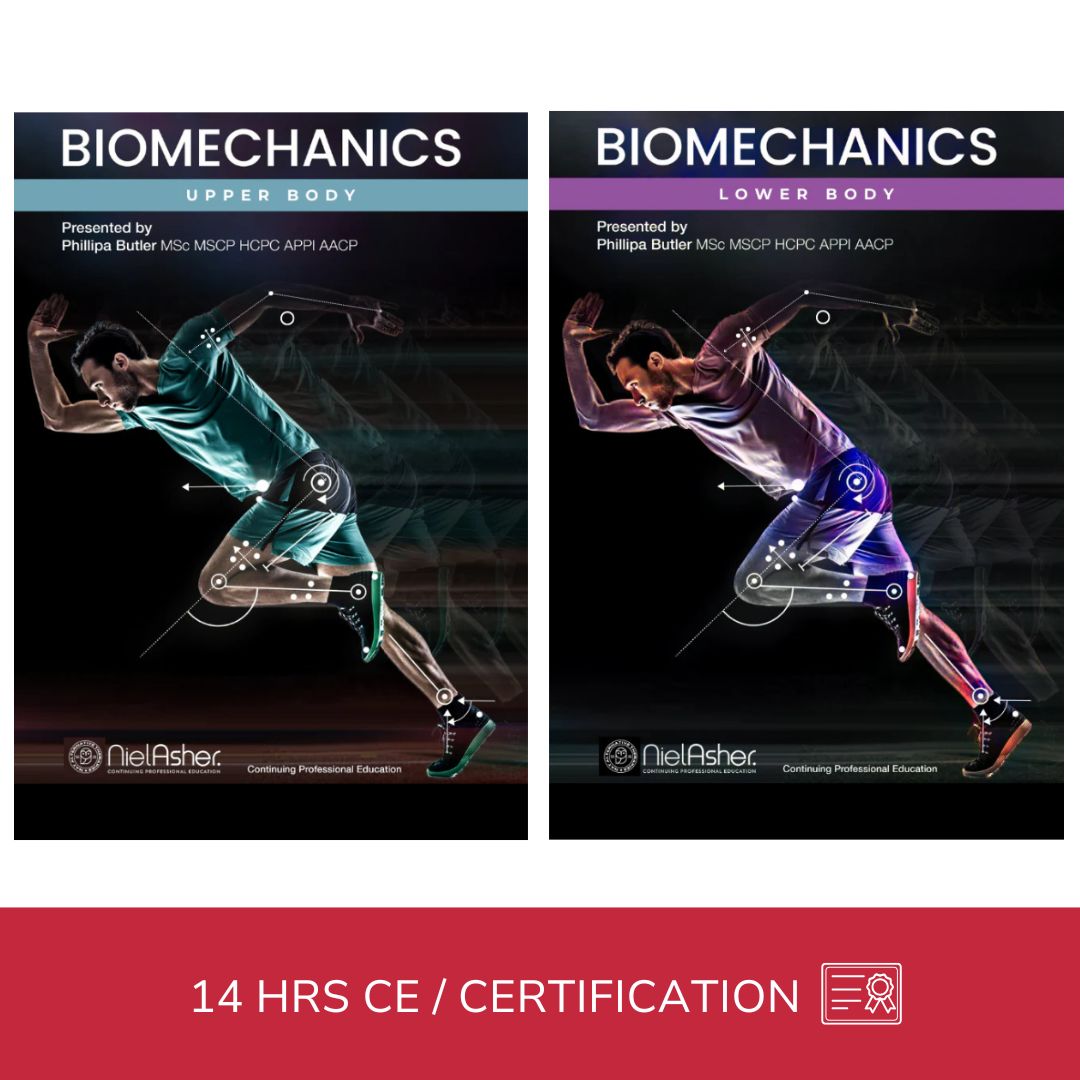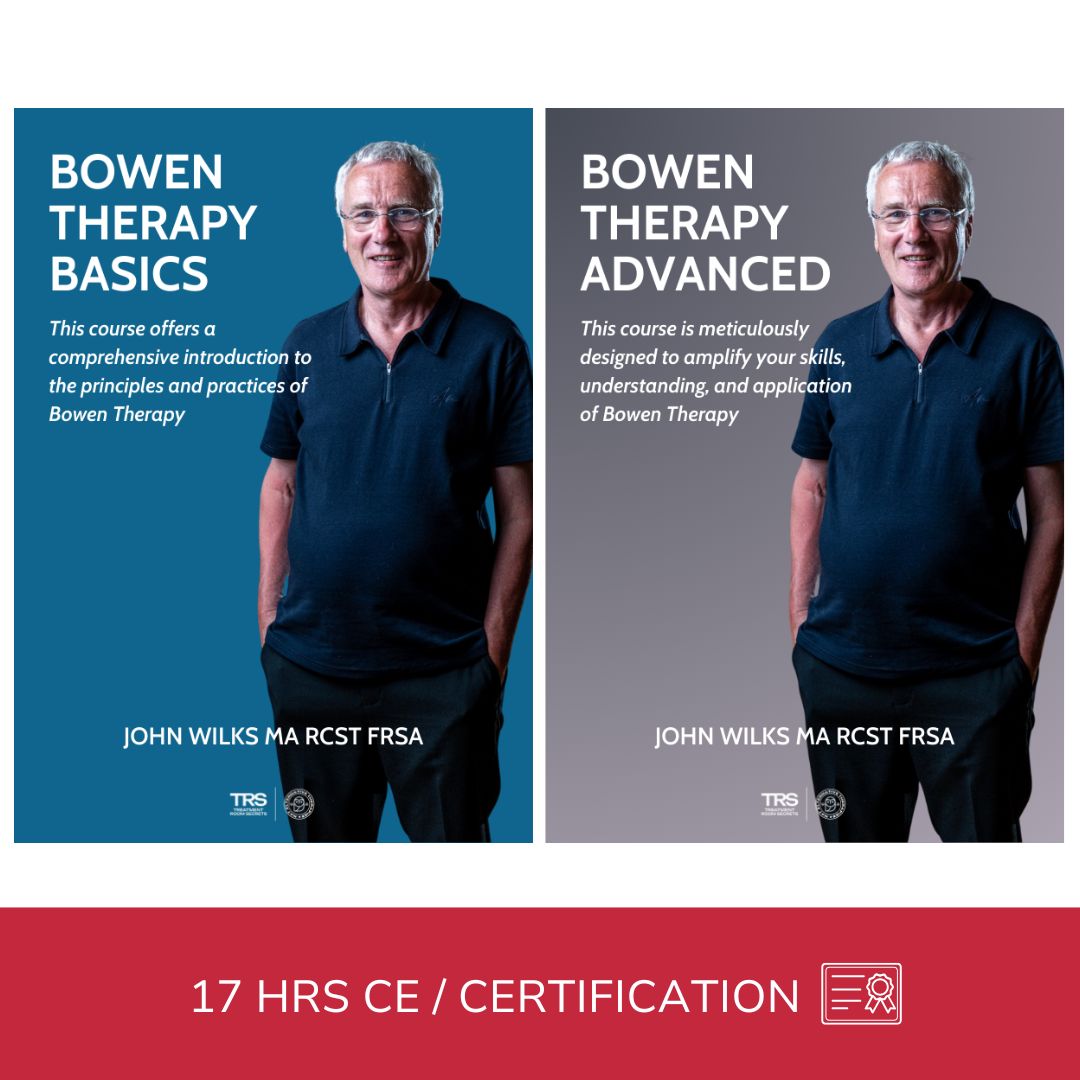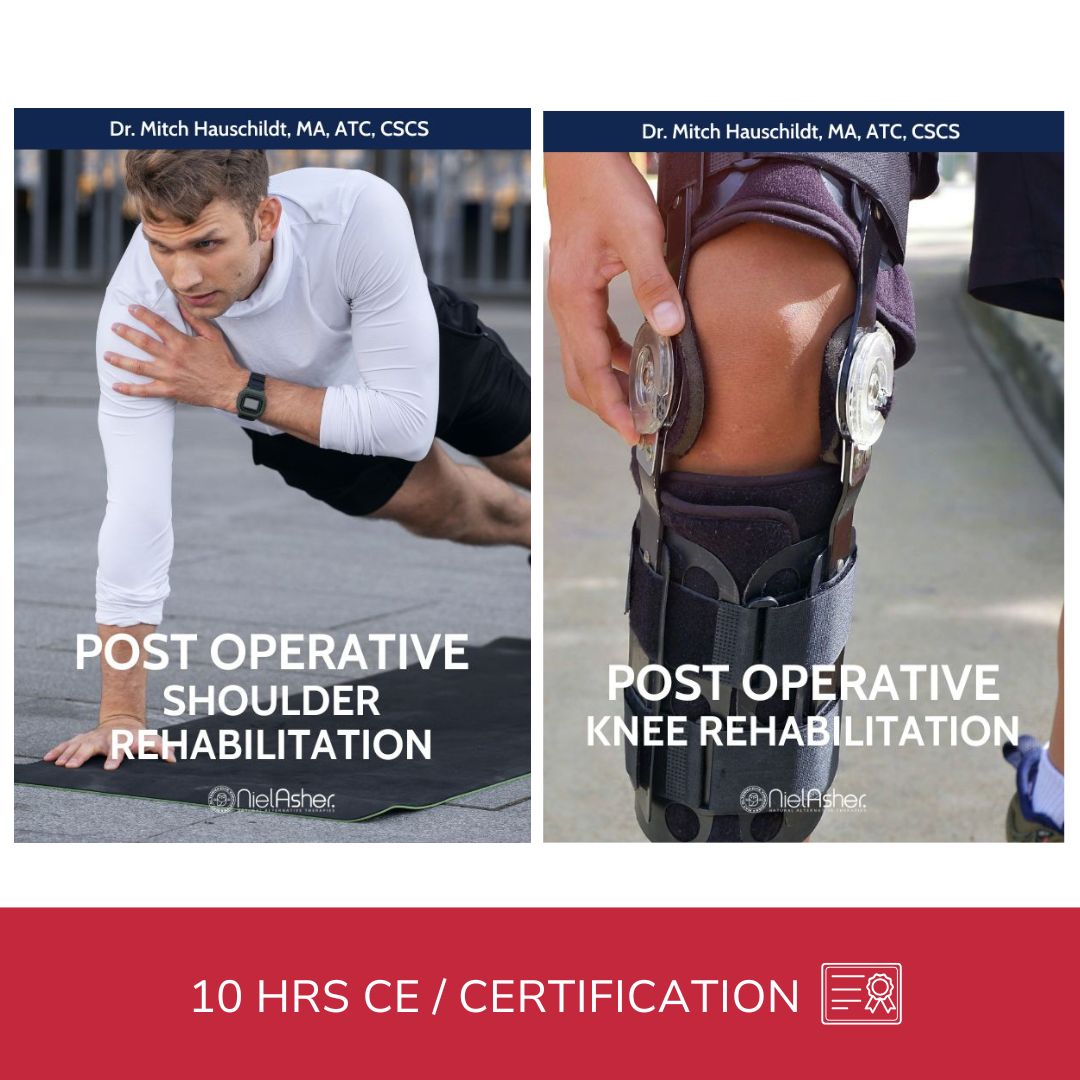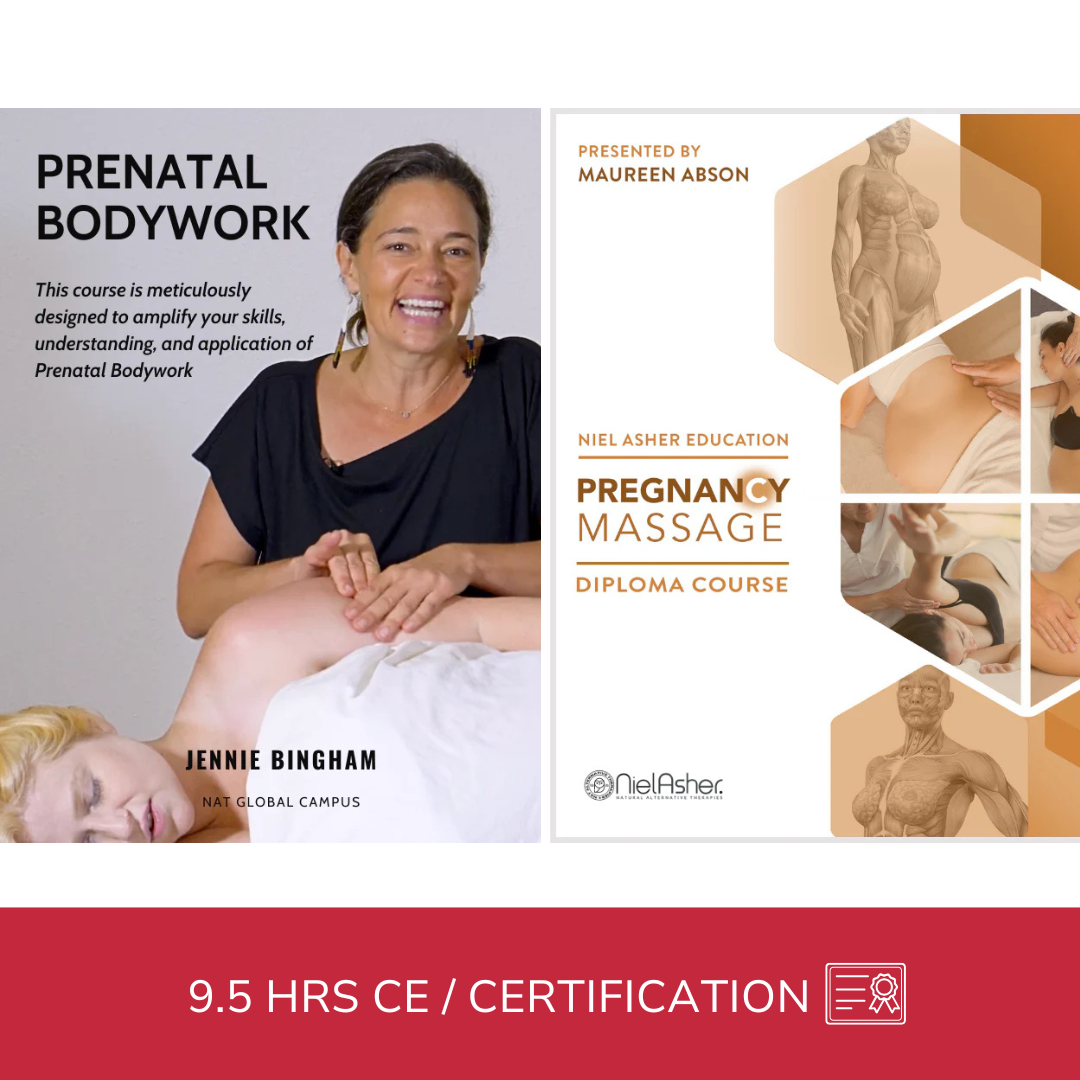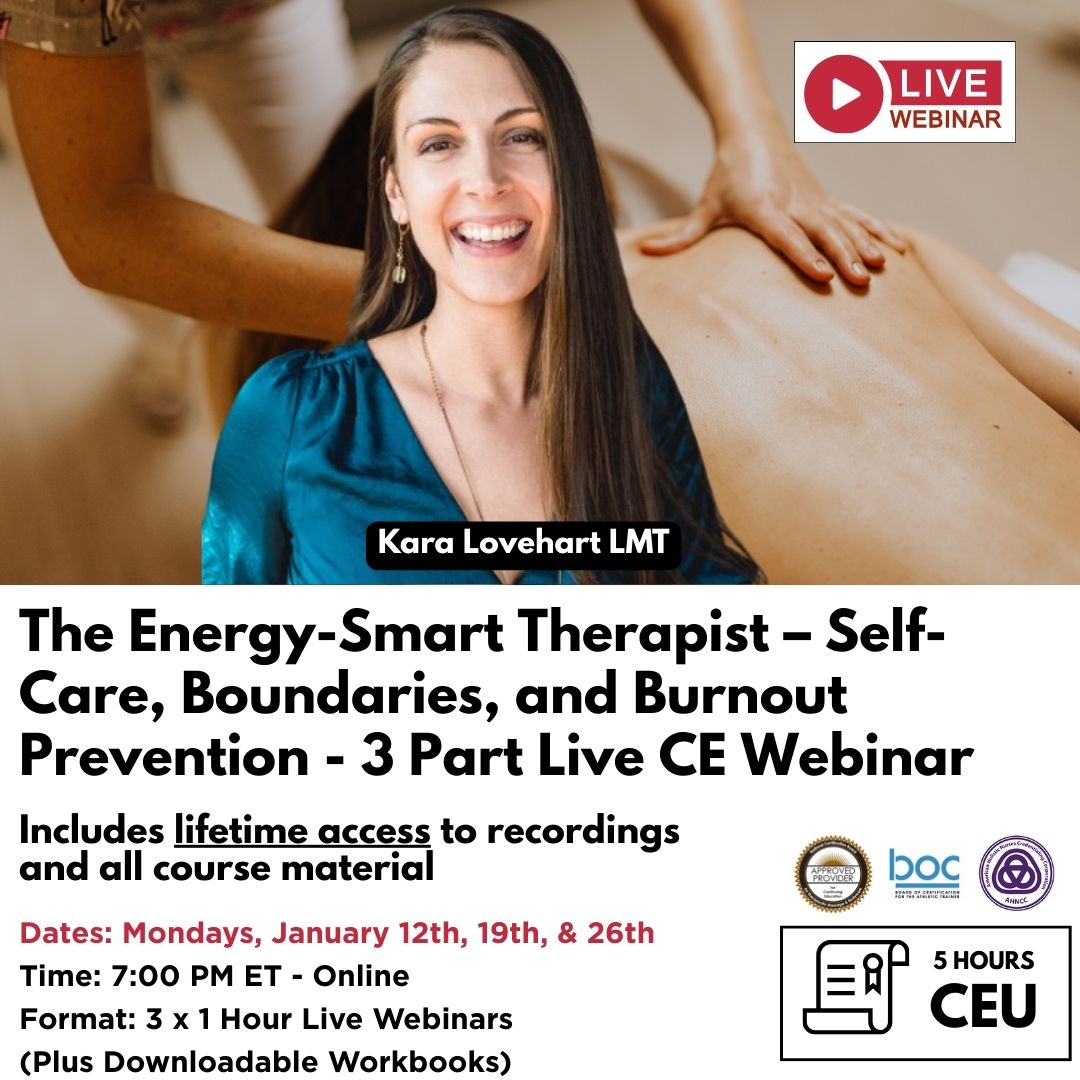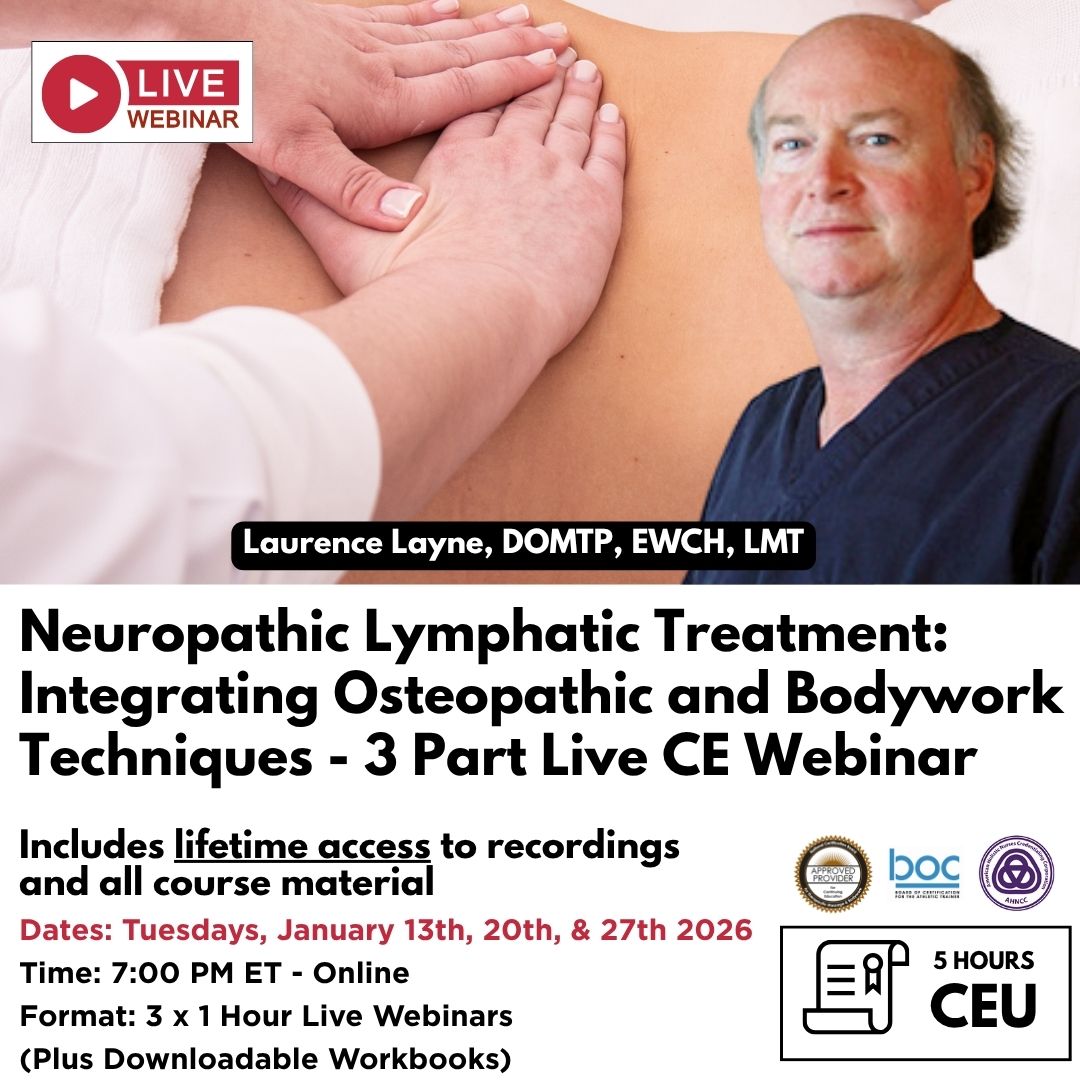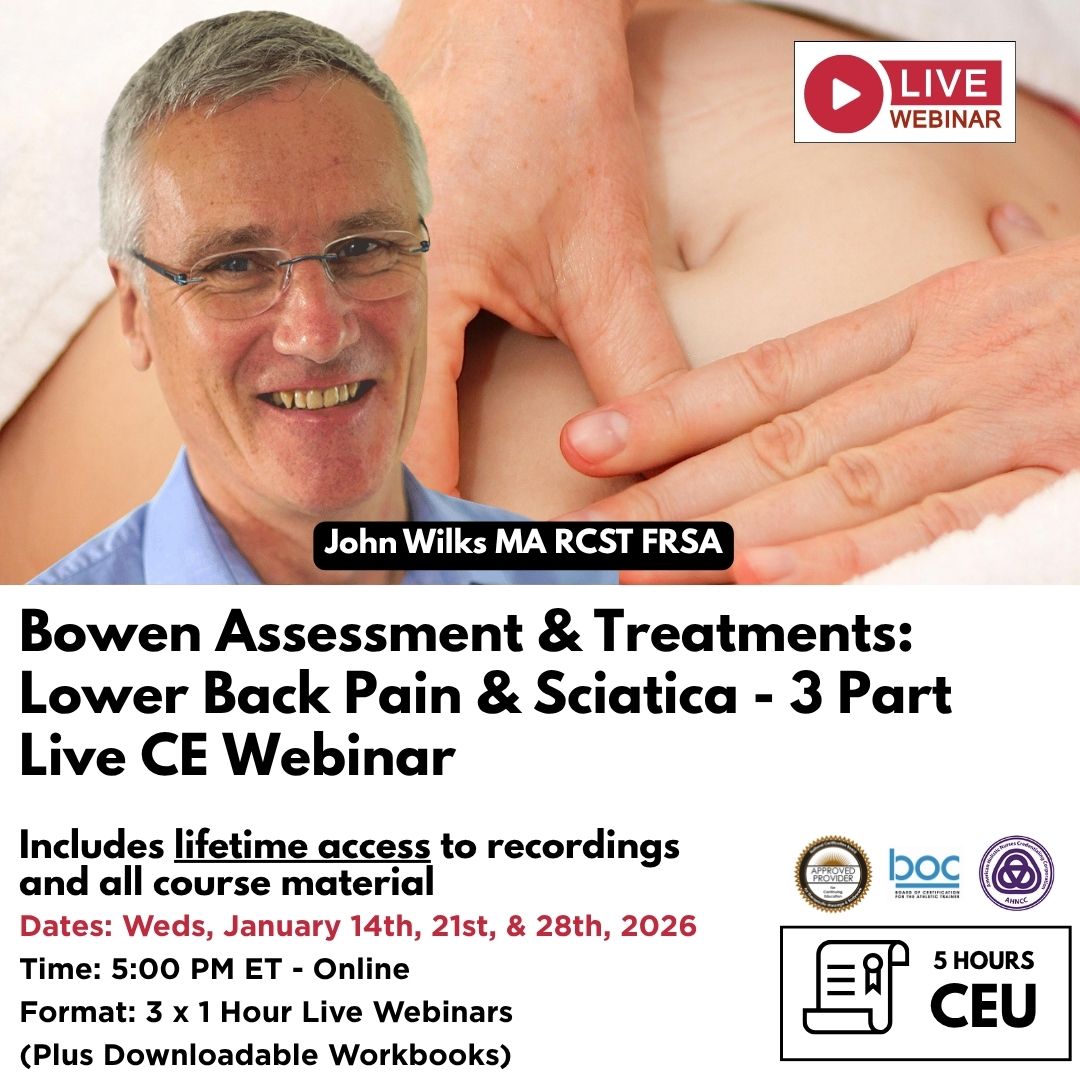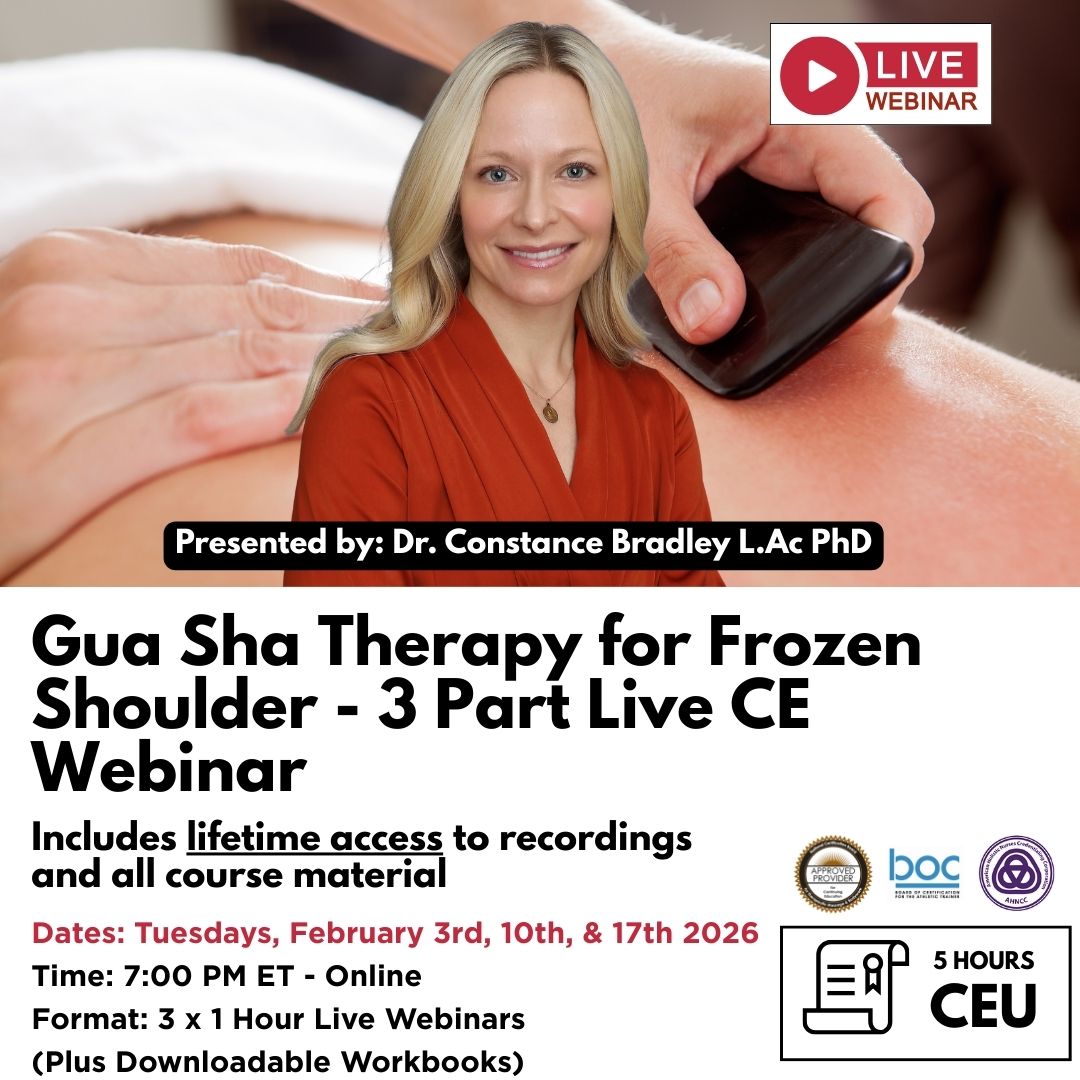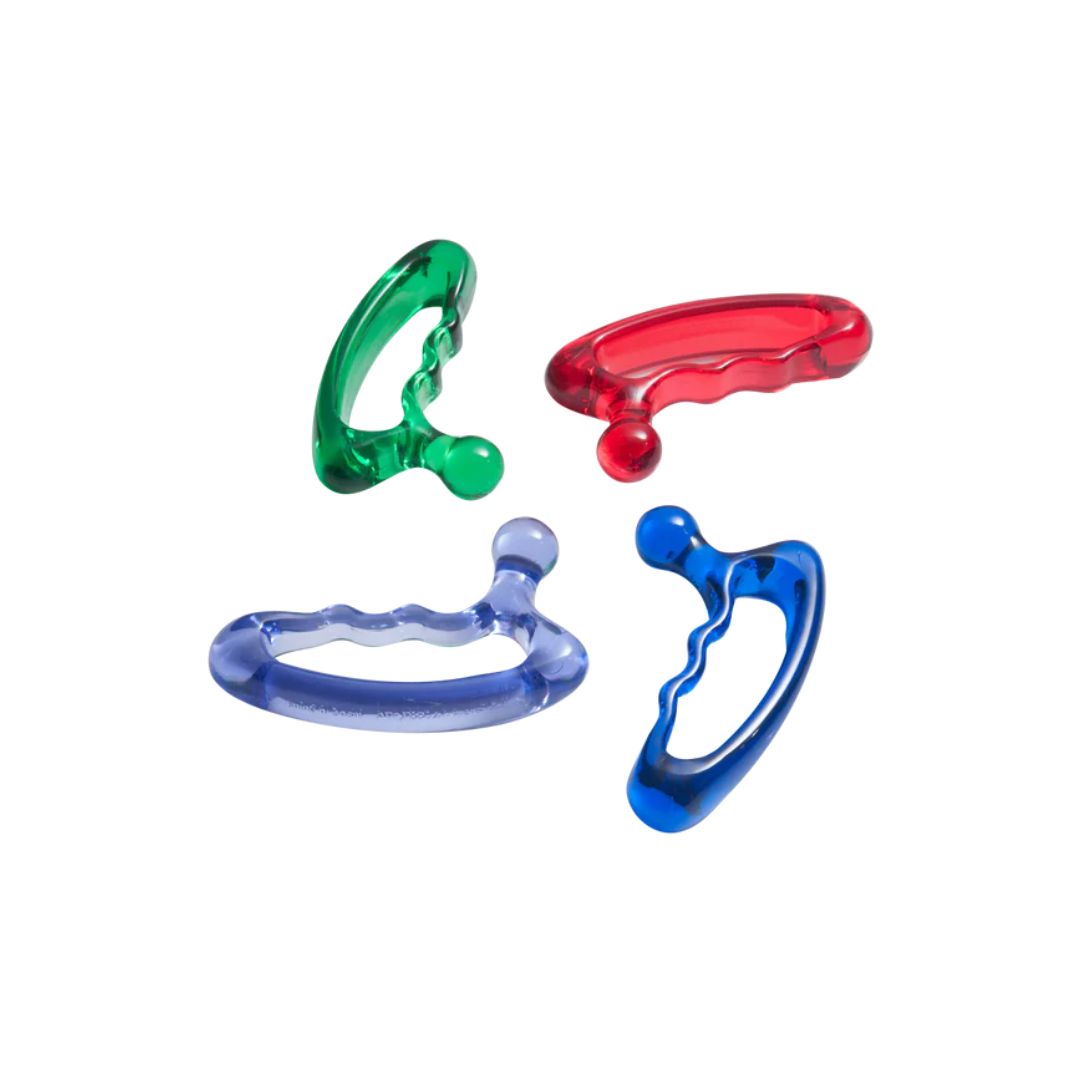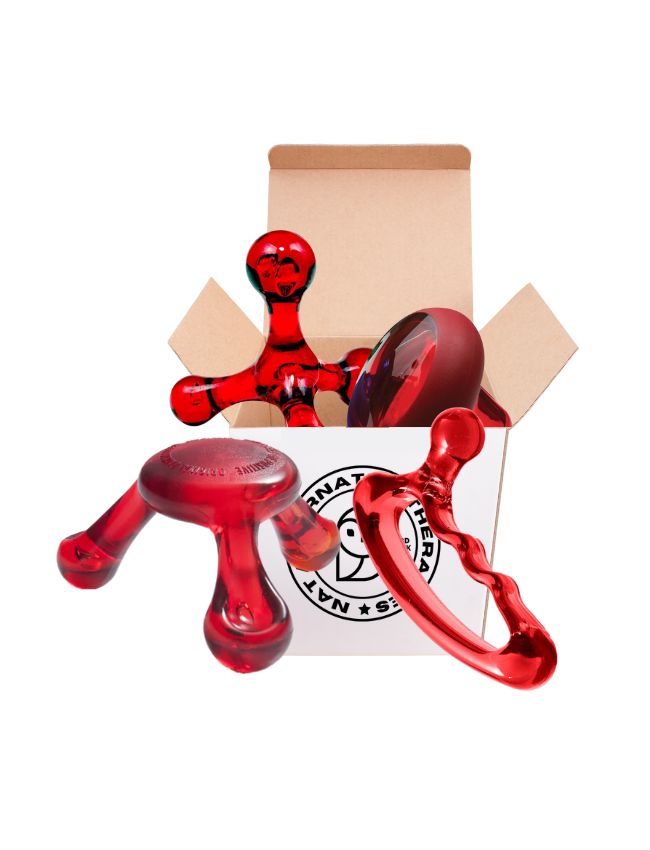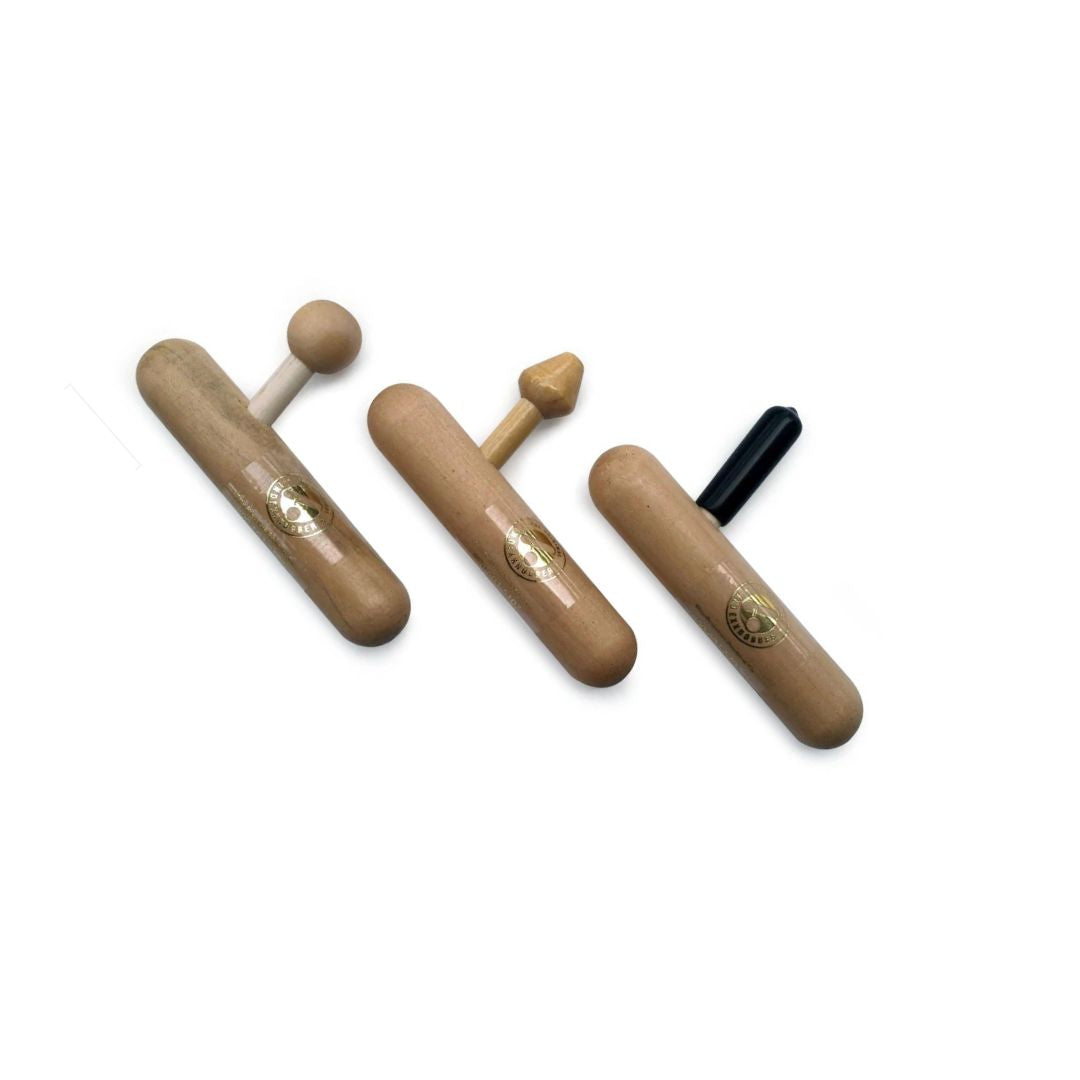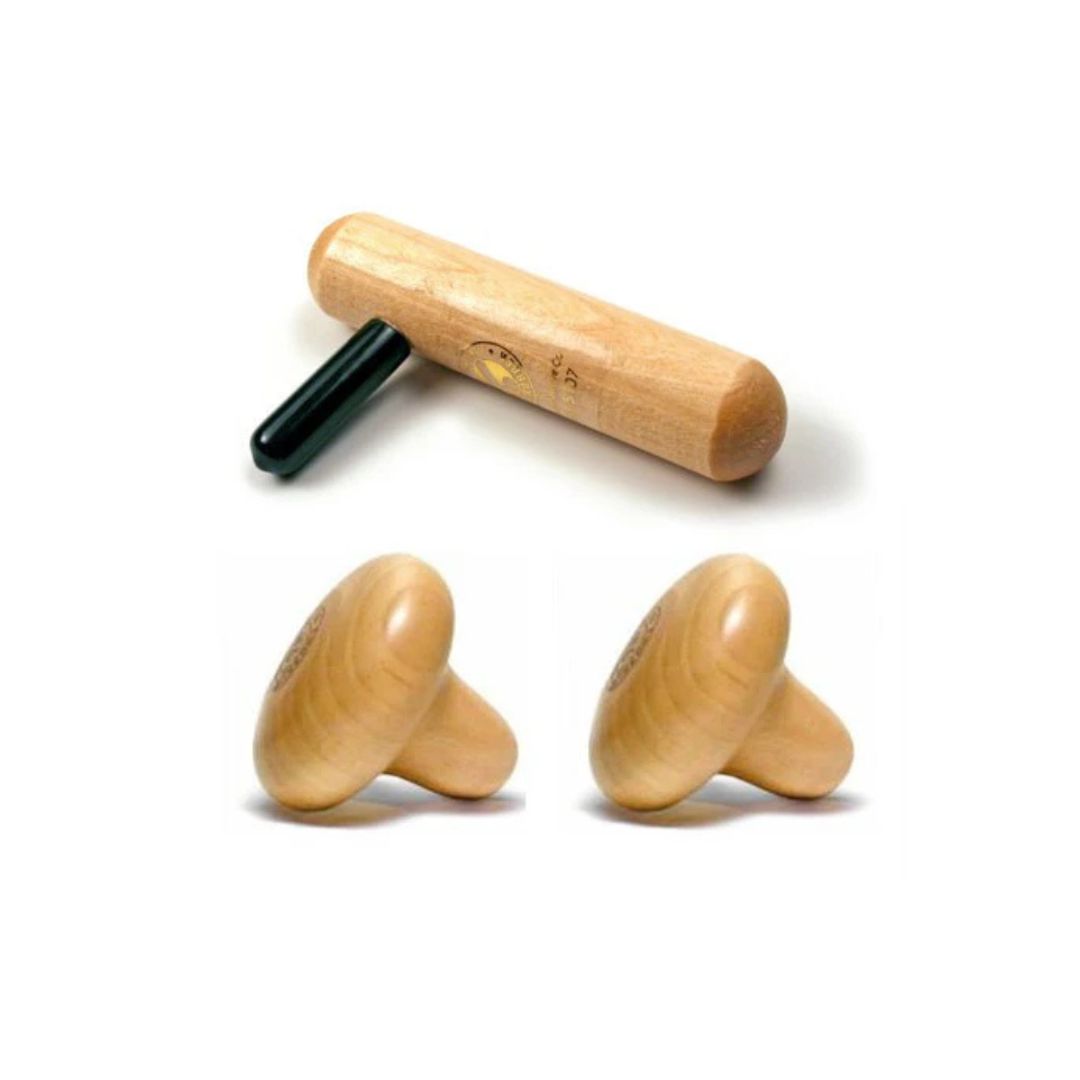Sports Massage Therapy for Shoulder Muscles: A Vital Component of Rehabilitation and Recovery
Sports Massage Therapy for Shoulder Muscles: A Vital Component of Rehabilitation and Recovery
The shoulder is a complex joint that allows for an incredible range of motion, making it essential for many sports activities. However, its complexity and heavy use also make it susceptible to injuries, especially in athletes involved in sports with repetitive overhead actions such as swimming, tennis, baseball, and volleyball. In these cases, sports massage therapy, coupled with soft tissue therapy, is often employed to address common shoulder injuries and assist with rehabilitation and recovery.
Anatomy of the Shoulder
The shoulder joint is composed of the humerus (upper arm bone), scapula (shoulder blade), and clavicle (collarbone), and is commonly referred to as a ball-and-socket joint. The rotator cuff, a group of four muscles – supraspinatus, infraspinatus, teres minor, and subscapularis – stabilizes the joint. The deltoid muscle enables the arm's lifting and rotating movements. A crucial point to note is that the shoulder joint has a high degree of mobility but a low degree of stability, making it vulnerable to various injuries.
Common Shoulder Injuries in Athletes
-
Rotator Cuff Tendinitis: Often resulting from repetitive overhead actions, it involves inflammation of the tendons of the rotator cuff muscles.
-
Impingement Syndrome: Occurs when tendons or bursa (fluid-filled sacs) in the shoulder are pinched, causing pain and restricted movement.
-
Rotator Cuff Tears: These can be partial or complete tears in the rotator cuff muscles or tendons due to acute trauma or long-term wear.
-
Frozen Shoulder (Adhesive Capsulitis): Characterized by progressive pain and stiffness in the shoulder joint, often due to immobility post-injury or surgery.
-
Labral Tears: These occur in the labrum, a ring of cartilage that surrounds the shoulder socket, and are typically caused by trauma or repetitive stress.
-
Shoulder Instability: This involves a shoulder joint becoming too loose and prone to dislocation or subluxation.
Sports Massage Therapy for Rehabilitation and Recovery
-
Reducing Pain and Inflammation: Massage therapy alleviates pain and inflammation by increasing blood flow, removing metabolic waste products, and triggering the release of pain-relieving endorphins (1).
-
Improving Range of Motion and Flexibility: Soft tissue therapy stretches and lengthens tight muscles, enhancing joint range of motion and decreasing injury risk (2).
-
Promoting Healing: Sports massage stimulates circulation, bringing oxygen and nutrients to injured tissues, thus aiding the healing process (3).
-
Preventing Scar Tissue Formation: Massage therapy breaks down adhesions and prevents excessive scar tissue formation, which can restrict movement and cause discomfort (4).
-
Relaxing the Muscles: Massage therapy promotes relaxation, reduces muscle tension, and lowers stress levels by activating the parasympathetic nervous system (5).
-
Supporting Athletes' Mental Well-being: Massage therapy can help reduce anxiety and stress, often associated with injuries (6).
Incorporating Massage Therapy into a Rehabilitation Program
Sports massage therapy should be part of a comprehensive rehabilitation program, including physical therapy, exercises, stretches, and lifestyle modifications. Working with a multidisciplinary team of healthcare professionals ensures a holistic approach to rehabilitation and recovery.
Conclusion
Sports massage therapy is a valuable tool for addressing shoulder injuries in athletes, contributing to pain relief, improved mobility, and faster recovery. Athletes and sports professionals should recognize the importance of soft tissue therapy in rehabilitating shoulder injuries and enhancing overall performance. Seeking advice and treatment from qualified massage therapists and healthcare professionals is crucial for optimal outcomes and a confident return to sport.
References
-
Moyer, C.A., Rounds, J., & Hannum, J.W. (2004). A Meta-Analysis of Massage Therapy Research. Psychological Bulletin, 130(1), 3–18.
-
Zainuddin, Z. et al. (2005). Effects of Massage on Delayed-Onset Muscle Soreness, Swelling, and Recovery of Muscle Function. Journal of Athletic Training, 40(3), 174–180.
-
Crane, J.D. et al. (2012). Massage Therapy Attenuates Inflammatory Signaling After Exercise-Induced Muscle Damage. Science Translational Medicine, 4(119), 119ra13.
-
Davidson, C.J., Ganion, L.R., Gehlsen, G.M., Verhoestra, B., Roepke, J.E., & Sevier, T.L. (1997). Rat Tendon Morphologic and Functional Changes Resulting from Soft Tissue Mobilization. Medicine & Science in Sports & Exercise, 29(3), 313–319.
-
Field, T., Hernandez-Reif, M., Diego, M., Schanberg
About Niel Asher Education
Niel Asher Education (NAT Global Campus) is a globally recognised provider of high-quality professional learning for hands-on health and movement practitioners. Through an extensive catalogue of expert-led online courses, NAT delivers continuing education for massage therapists, supporting both newly qualified and highly experienced professionals with practical, clinically relevant training designed for real-world practice.
Beyond massage therapy, Niel Asher Education offers comprehensive continuing education for physical therapists, continuing education for athletic trainers, continuing education for chiropractors, and continuing education for rehabilitation professionals working across a wide range of clinical, sports, and wellness environments. Courses span manual therapy, movement, rehabilitation, pain management, integrative therapies, and practitioner self-care, with content presented by respected educators and clinicians from around the world.
Known for its high production values and practitioner-focused approach, Niel Asher Education emphasises clarity, practical application, and professional integrity. Its online learning model allows practitioners to study at their own pace while earning recognised certificates and maintaining ongoing professional development requirements, making continuing education accessible regardless of location or schedule.
Through partnerships with leading educational platforms and organisations worldwide, Niel Asher Education continues to expand access to trusted, high-quality continuing education for massage therapists, continuing education for physical therapists, continuing education for athletic trainers, continuing education for chiropractors, and continuing education for rehabilitation professionals, supporting lifelong learning and professional excellence across the global therapy community.
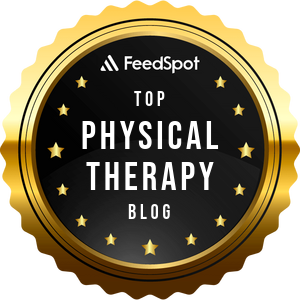
Continuing Professional Education
Looking for Massage Therapy CEUs, PT and ATC continuing education, chiropractic CE, or advanced manual therapy training? Explore our evidence-based online courses designed for hands-on professionals.

